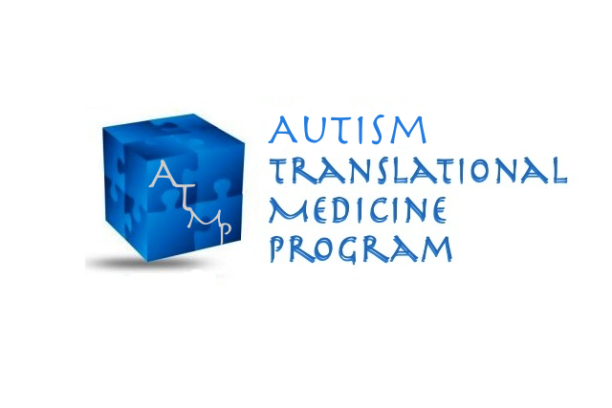Autism is a neurodevelopmental disorder characterized by difficulties in social communication and repetitive behaviors. Autism now affects 1 in 88 children and 1 in 54 boys. Clinicians diagnose autism through behavioral evaluations. Research suggests that early intensive behavioral interventions are helpful for preschool children. More research is needed to understand whether other treatments may be helpful.
There is no one cause of autism. Genetic factors are clearly important in many cases. Environmental risk factors, primarily during pregnancy, also have an impact. Some emerging hypotheses about autism risk factors may provide clues to possible treatment.
One of the potential avenues to new ASD treatments is the connection to uncommon genetic syndromes that often include ASD symptoms. Fragile X Syndrome (FXS) is the most common known inherited strong risk factor for ASD. Researchers have identified medications that improve animal models of FXS and may help people with FXS as well. The same genetic pathways may be involved in a subgroup of children with ASD who do not have FXS. Medication treatment studies are underway to test if medications for FXS will help in ASD.
Studies in animal models, in the general human population, and in ASD show that single doses of oxytocin are capable of changing social behavior, including increasing interest in playing social games and improving ability to recognize emotions in others. In children with ASD, intranasal oxytocin changes the pattern of brain response to viewing human faces. Treatment studies are beginning to study whether oxytocin treatment helps with autism symptoms.
Molecular genetic and neuroscience research continues to identify possible avenues to treat ASD symptoms. We are committed to testing novel ideas as they emerge.
Contact the ATMP Autism Translational Medicine Program for more information regarding current research in autism.
